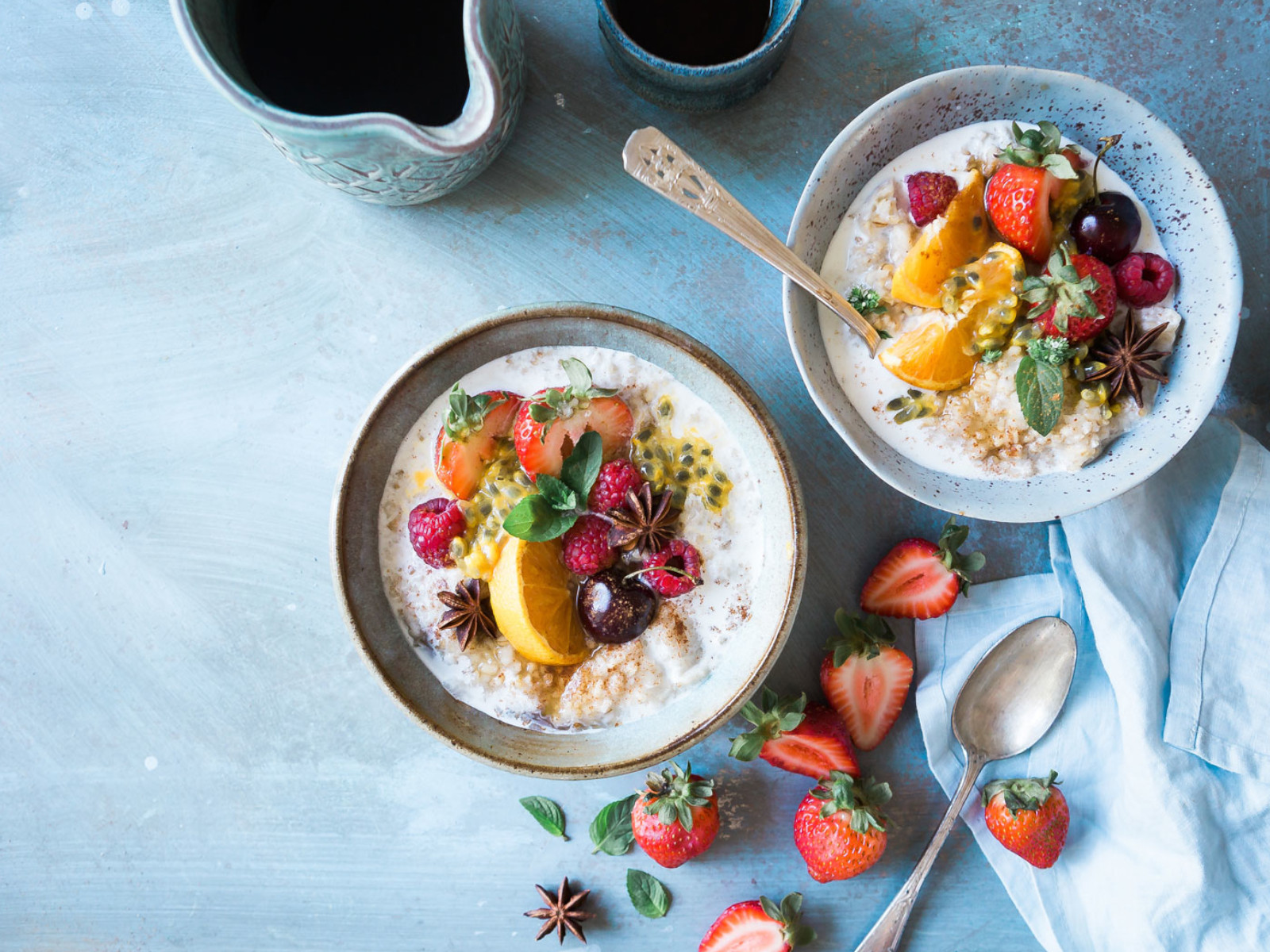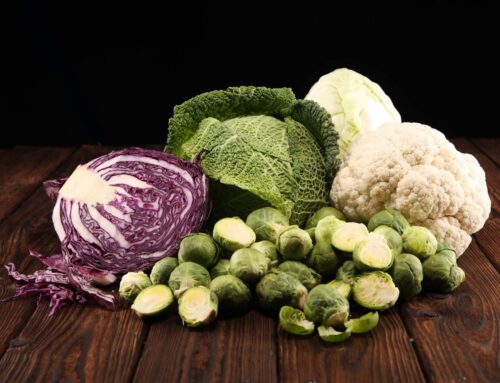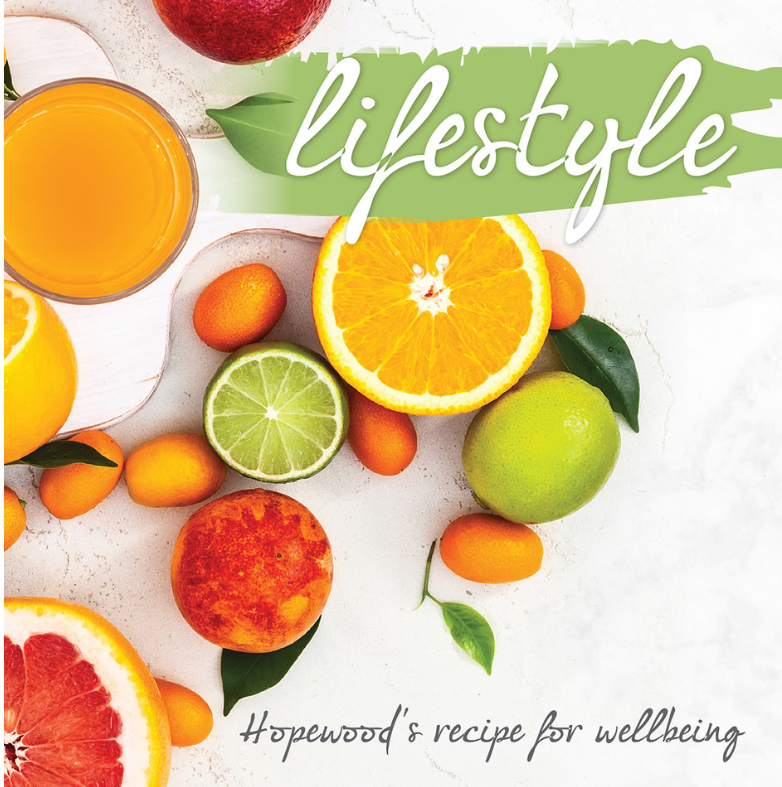Live better with Hopewood

A vegetarian diet is a healthy way to meet your nutritional needs, if planned well. Find out how this diet can improve health and wellbeing.
Vegetarian diets continue to increase in popularity. The reasons people choose a vegetarian diet vary – from reducing the risk of disease, to supporting a cleaner, greener environment or animal welfare concerns.
Whilst it can be overwhelming to ensure you are getting your daily macro and micronutrients as well as all your vitamins and minerals, there are three main criteria that make vegetarianism a healthy and nutritious way to live. Vegetarian food is:
1. Low in fats and oils
2. Low in animal protein
3. Rich in health promoting/disease preventing micronutrients (vitamins, minerals, antioxidants & other phytonutrients)
Fats, oils and animal protein
These contain no fibre and they are almost entirely devoid of the micronutrients essential to good health. In addition, these ingredients are very calorie dense and come at a high metabolic cost. For example, fats and oils raise insulin resistance, stimulate inflammation, and burden the lymphatics (an exhaust system of cellular waste). Animal protein produces acidic irritation of tissues (e.g. in muscles and joints) and over works the liver and kidneys in breaking down and excreting the harmful by-products of animal protein.
Health promoting/disease preventing micronutrients
Micronutrients are vitamins and minerals that play a vital role in combating disease and promoting overall health. Vitamins are necessary for energy production, immune function, blood clotting and other functions.
Meanwhile, minerals play an imperative job in growth, bone health, fluid balance and several other processes. You can add more micronutrients into your vegetarian diet by including some of the options listed below
- Calcium – milk, yogurt, spinach
- Vitamin B12 – nutritional yeast, cheese and eggs
- Zinc – cashews, garbanzo beans and legumes
- Potassium – bananas, spinach, potatoes, and apricots.
Whilst interest in the vegetarian diet grows, so does the vegetarian food market, and with this comes an influx of faux meats and other processed foods, which can be high in calories, sugar, fat and sodium. So if in doubt, keep it simple, fresh and natural.
Hopewood advocates you eat and abundance of raw food – in fact for good health it is important that 55-70% of your daily food intake consists of fresh fruit and vegetables, 20-25% starch, 10-15% protein and 5-10% fat. People who follow dietary plans similar to Hopewood’s, tend to live longer, healthier lives.
For some healthy, vegetarian-inspired dishes visit our recipes page here









